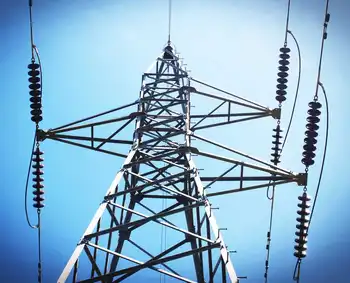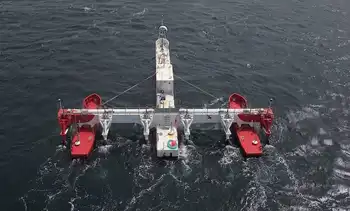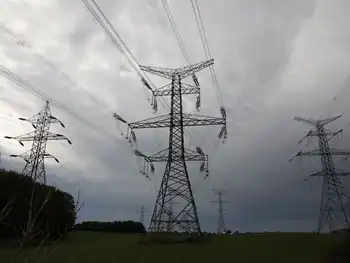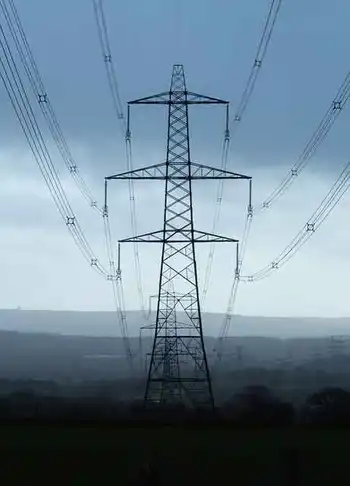Germany's Energy Crisis Deepens as Local Utilities Cry for Help

BERLIN -
Germany’s fears that soaring power and gas prices could trigger a deeper crisis is starting to get real.
Several hundred local utilities are coming under strain and need support, according to the head of Germany’s largest energy lobby group. The companies, generally owned by municipalities, supply households and small businesses directly and are a key part of the country’s power and gas network.
“The next step from the government and federal states must be to secure liquidity for these municipal companies,” Kerstin Andreae, chairwoman of the German Association of Energy and Water Industries, told Bloomberg in Berlin. “Prices are rising, and they have no more money to pay the suppliers. This is a big problem.”
Germany’s energy crunch intensified over the weekend after Russia’s Gazprom PJSC halted its key gas pipeline indefinitely. European energy prices have surged again amid concerns over shortages this winter.
Many utilities are running into financial issues as they’re forced to cover missing Russian deliveries with expensive supplies on the spot market. German energy giant Uniper SE, which supplies local utilities, warned it will likely burn through a 7 billion-euro ($7 billion) government safety net and will need more help already this month.
Some German local utilities have already sought help, according to a government official, who asked not to be identified in line with briefing rules.
With Europe’s largest economy already bracing for recession, Chancellor Olaf Scholz’s administration is battling on several fronts, testing the government’s financial capacity. The ruling coalition agreed Sunday on a relief plan worth about 65 billion euros -- more than double the previous initiatives to contain the fallout of surging costs for households and businesses.
Starting in October, local utilities will have to pay a levy for the gas acquired, which will further increase their financial burden, Andreae said.
Margin Calls
European gas prices are more than four times higher than usual for this time of year, as Russia cuts supplies in retaliation for sanctions related to its invasion of Ukraine. When prices peak, energy companies have to pay margin calls, extra collateral required to back their trades.
Read more: Energy Trade Risks Collapsing Over Margin Calls of $1.5 Trillion
The problem has hit local utilities in other countries as well. In Austria, the government approved a 2 billion-euro loan for Vienna’s municipal utility last month.
The European Union is also planning help. The bloc’s emergency interventions will include support for electricity producers struggling to find enough cash to guarantee trades, according to European Commission President Ursula von der Leyen.
The situation has worsened in Germany as some of the country’s big gas importers are reluctant to sell more supplies to some of municipal companies amid fears they could default on payments, Andreae said.
Related News

How waves could power a clean energy future
NEW YORK - Waves off the coast of the U.S. could generate 2.64 trillion kilowatt hours of electricity per year — that’s about 64% of last year’s total utility-scale electricity generation in the U.S. We won’t need that much, but one day experts do hope that wave energy will comprise about 10-20% of our electricity mix.
“Wave power is really the last missing piece to help us to transition to 100% renewables, ” said Marcus Lehmann, co-founder and CEO of CalWave Power Technologies, one of a number of promising startups focused on building wave energy converters.
But while scientists have long understood…





